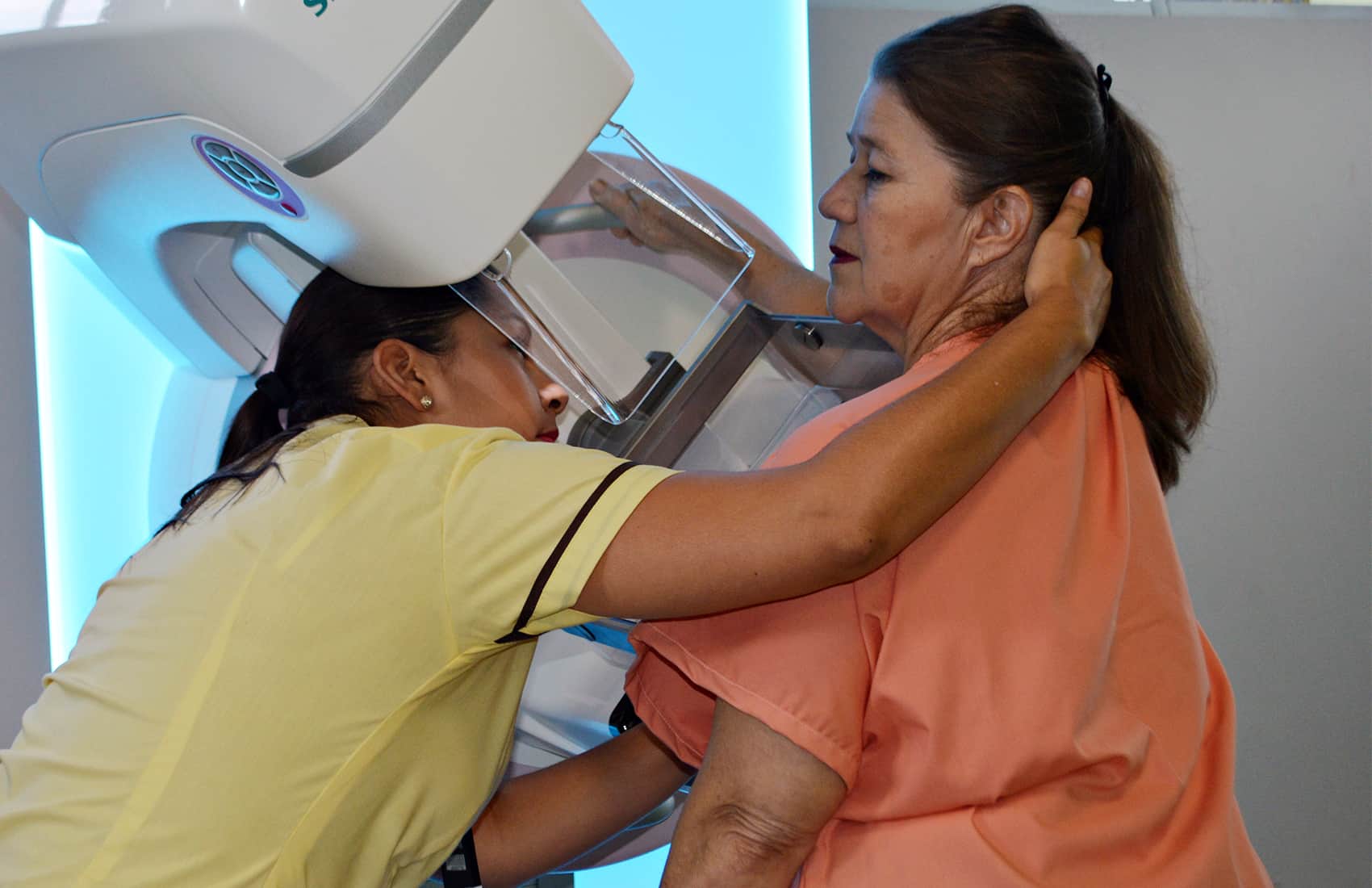MEDICAL research outlay in the United States now totals $95 billion a year, according to a recent issue of The Journal of the American Medical Association. That’s a statistic to cause one pause. While pausing, however, don’t turn to that cigarette, beer or processed dessert for refuge, because from that ocean of scientific research come profound and simple truths to ward off cancer. Patients often ask me about cancer prevention, and I always counsel: “Eat a variety of food in as close to its natural state as possible.”
If my comment is too general, I follow it with something like this: According to the American Institute for Cancer Research (www.aicr.org), only diet rivals tobacco use as a major cause of cancer; 30-40% of all cancer-related deaths worldwide are caused by inappropriate diet, with 3-4 million cancer deaths each year resulting from poor diet and lack of exercise.
“THE cost of cancer care as practiced in the established market economies even now far outstrips the resources of many countries,” United Nations Development Programme representative Gillian Lindsay-Nanton said in 2000. The incidence of cancer is accelerating in Latin America as people succumb to the so-called Western diet or Standard American Diet (SAD), or the aptly termed “junk-food diet.”
To reduce your risk of cancer, eliminate tobacco use and eliminate or minimize your intake of sugar, red meat (three-ounce daily limit), salt in excess of 1/4 ounce daily, deep-fried food, saturated fats, margarine and hydrogenated or polyunsaturated oil, and oil that has reached the smoking point while cooking. Avoid improperly stored food and charred, cured or smoked meat. Regarding alcohol: none is best, but if you insist, fewer than two drinks daily for men and one drink daily for women. One drink constitutes one beer, glass of wine or shot of hard liquor.
Food to favor includes a variety of minimally processed fruits such as oranges, strawberries, papaya, pineapple, mango, banana, grapes and watermelon, vegetables such as broccoli, kale, green beans, Brussels sprouts, squash and beets, plantains, beans and whole grains such as rice, millet and whole wheat. Good protein sources include fish, poultry or meat from non-domesticated animals.
FOR most people, it’s enough to know that good food is good for us, yet researchers march on. The dark pigment in fruits such as watermelon and tomato contains lycopene, a phytonutrient that may reduce the risk of prostate cancer. Fruits and vegetables contain a rich mix of antioxidant vitamins and minerals to help protect and repair our DNA, optimize our immune systems and reduce the unregulated growth of cancer cells. When we digest the fiber found in fruit, vegetables and grains, butyric acid is released.
Butyric acid can directly kill cancer cells in the colon. Glutathione, a gift from many fruits and vegetables, is an amino acid that reduces toxins and inflammation in the body. Chronic inflammation is a risk factor for cancer. Essential fatty acids found in the suggested foods to favor, particularly fish, provide oil that we must get from our diet to stay healthy, protect our cell walls from those free radicals found in junk food, reduce inflammation and provide energy.
Another example is an enzyme present in turmeric, rosemary, apples, grapes and onions that inhibits cyclooxygenase-2 (COX-2), which has been getting attention recently as a cancer promoter. A primary goal of exercise is to avoid or correct obesity, a significant risk factor for cancer. An hour’s brisk walk or similar exercise daily for those with low or moderate occupational activity, along with at least one hour a week of vigorous activity, are recommended by the American Institute of Cancer Research.
While researchers continue their quest to tell us why good food is good for us, I think it’s important to remember that the spirit in which we undertake the journey of healing may equal or surpass the importance of a particular therapeutic approach. I have seen patients overwhelmed by their fear of cancer obsess compulsively about their health care. I have seen others concerned about cancer become resentful at feeling obligated to “eat good food,” and bitter and excessively guilty when they don’t. I suggest cultivating awareness, moderation and compassion in structuring a self-care preventive medicine program, avoiding all extremes, to best nurture our inherent ability to heal.






